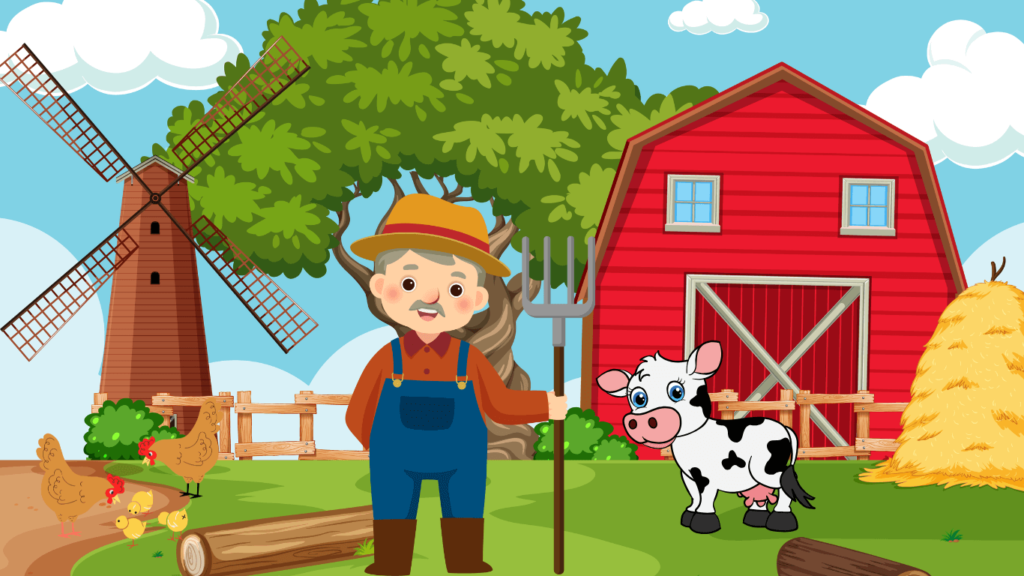Nursery rhymes are often the soundtrack of our lives when we have young children. Whether played at home, in the car, or on the go, these catchy tunes are seen as essential for entertainment. But did you know that nursery rhymes provide more than just fun and distraction? Here are five key benefits that nursery rhymes offer to your child’s development.
1. Support Language Development

Nursery rhymes are a fantastic way for children to develop language skills from a young age. The tunes are simple, fun, and easy to sing along with, making them a perfect introduction to language. Children quickly pick their favourites, whether it’s for the melody or the subject matter. Nursery rhymes are easy to follow, but they also expose children to new words and ideas. Take “Wind the Bobbin Up,” for example—what’s a bobbin? It’s an opportunity for children to learn about things they might not encounter in their day-to-day lives, like history and vocabulary, all through a simple rhyme.
2. Enhance Early Literacy Skills

Studies have shown that children who can recite nursery rhymes before starting school tend to have better literacy outcomes. Nursery rhymes are the first step toward understanding storytelling. They introduce concepts like sentence structure, rhyme and rhythm, which form the foundation of reading and writing. By singing along, children unknowingly learn how stories are built, which helps when they start recognising patterns in books.
3. Aid in Regulating Emotions

How many times has your little one become upset or overwhelmed? Nursery rhymes can be an effective tool to help regulate emotions. Singing or listening to these familiar tunes can bring a sense of calm and focus. The soothing rhythm and repetitive nature of the rhymes can help children settle down and regulate their emotions. It’s a great way to help your child feel more centred when they’re having a difficult moment.
4. Boost Early Maths Skills

Many nursery rhymes involve numbers, counting, and basic math concepts. Think of all the rhymes that incorporate numbers—“One, two, buckle my shoe,” “Five Little Ducks,” and “Ten in the Bed.” These rhymes are an excellent introduction to mathematical concepts, helping children understand number sequences and the concept of counting. Nursery rhymes often work with numbers up to 10, making them perfect for practicing one-to-one correspondence with fingers or objects.
5. Promote Music and Rhythm Development

In addition to helping with language, nursery rhymes play a significant role in music development. They introduce children to rhythm and melody, teaching them how to match beats. Activities like clapping hands, stamping feet, or swaying to the music are fun ways to help children improve their coordination and sense of rhythm. These activities also lay the groundwork for future music learning.
Our Final Thoughts
There are so many benefits to nursery rhymes, and they play an important role in a child’s early development. While they might seem repetitive or even a bit annoying at times, remember that each rhyme supports various aspects of your child’s growth—whether it’s language, literacy, emotions, maths, or music. So, the next time you hear “Twinkle Twinkle Little Star” for the hundredth time, know that it’s not just a song—it’s helping your child in ways you might not even realise.


